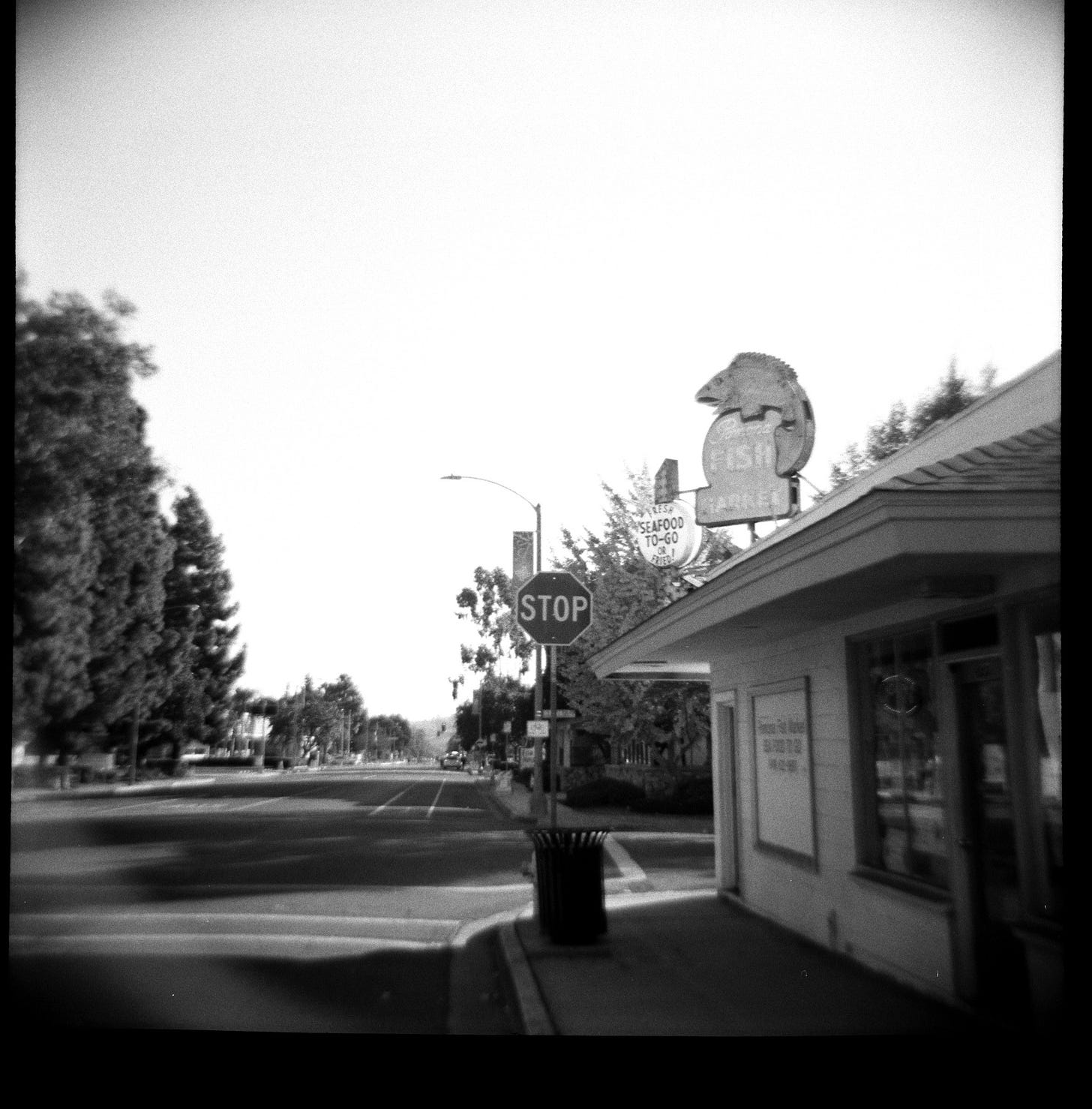A monopoly at the heart of Pomona
Arteco has a monopolistic hold on the future of the downtown Pomona area.
The downtown Pomona area has transformed itself into the center of culture throughout the years. It’s home to iconic music venues like the Fox Theater and the Glasshouse. It hosts an art walk twice a month that gives local artists the avenue to showcase their work. Coffee shops like Wish You Were Here and Mi Cafecito have attracted foot traffic from outside cities.
The thriving art colony has been put together by the Arteco Partners, a Pomona-based “re-developer focusing on constructing creative communities through adaptive-reuse of historic structures and infill development in mixed-use downtown neighborhoods throughout Southern California”
Arteco has preserved the historical buildings by intertwining modern consumerism into the roots of Pomona. Without their vision, the downtown area would still be stuck in the past, slowly rotting, one underground rave at a time.
Yet, the heart of the city has not reached its full potential because it's been stifled by Arteco ownership. The developing company owns the majority of an entire block, creating a monopoly of the Downtown Pomona area.
Arteco Partners owns the Progress Building, the Founders Building, the Wurl Lofts, Union Block West, Oxarart Block, the Glasshouse and Acerogami, the Right Brother’s Building, the Civic Center building, the Armory Lofts and the Fox theater.
By owning an entire block out of the downtown area, Arteco is restricting growth with no incentives to attract new businesses. The development company basically bought off Pomona’s equivalent to Boardwalk and is holding on to it until the city reaches its ceiling. They control the price market and the future of downtown Pomona.
According to The Chicago Booth Review, “When markets are dominated by a small number of big players, there’s a danger that these players can abuse their power to increase prices to customers. This kind of excessive market power can also lead to less innovation, losses in quality, and higher inflation.”
In recent times, the Oxarart Block building lost one of its staples, the Glasshouse Record Store. The same building recently opened up a new restaurant on the corner of Second street and Main, called Hen and Heifer. The location had been vacant for more than four years and it is the third restaurant trying to capture the business of that location.
Allowing small businesses to thrive in the downtown area can encourage innovations from the big businesses in the city. According to the Congressional Budget Office, “small businesses contribute to the economy by driving productivity and generating competitive pressure that forces larger businesses to innovate.”
Instead of allowing a single company to control the market, Pomona should consider buying some of the property and sell off the monopoly assets of the Arteco partners to diversify the market. It can help create competition and open the market up to new ideas.
With music venues attracting major acts like Weezer, Interpol and Vampire Weekend, the arts colony draws visitors from across the region. It has the potential of becoming the Inland Empire’s cultural destination for entertainment and arts. It can match the diversified ownership of the Claremont Village and attract a variety of businesses. Instead, there's a ditch across the street from the Glasshouse.
If Pomona doesn’t act soon, its cultural and economic growth will remain at the mercy of Arteco’s monopoly.







